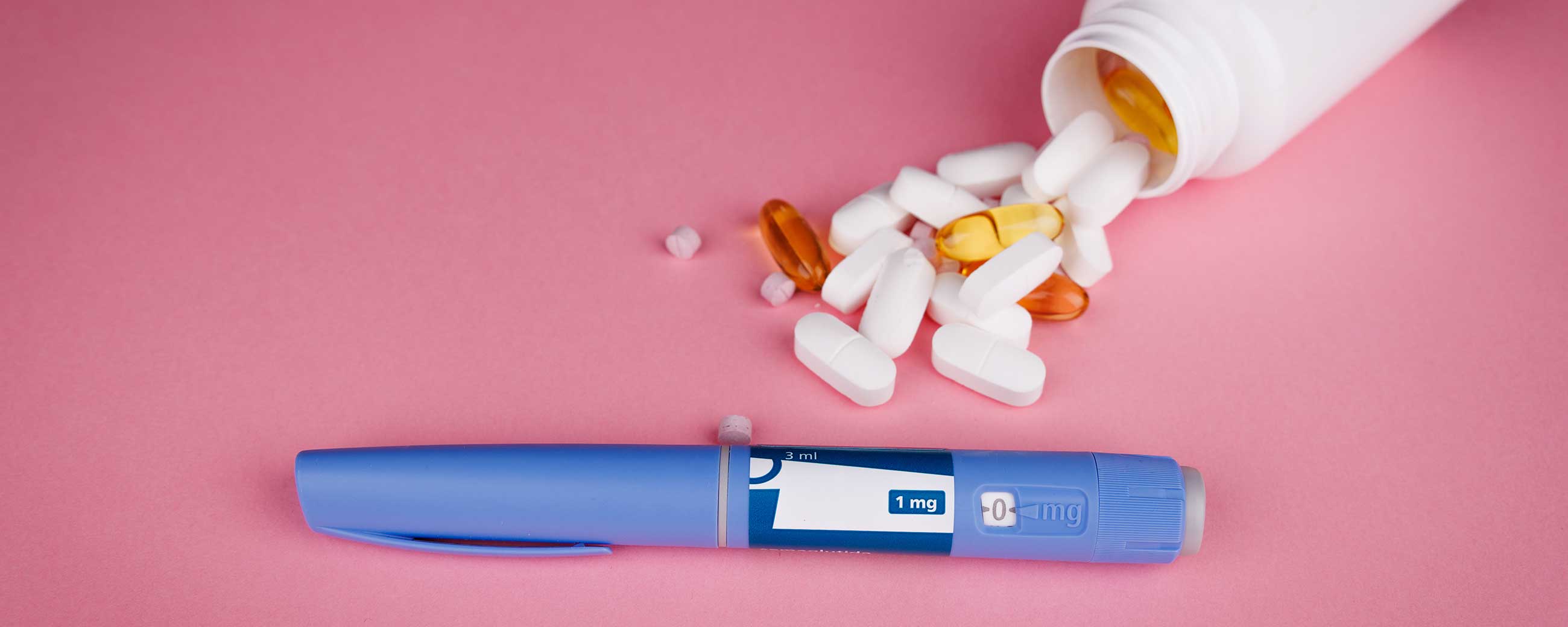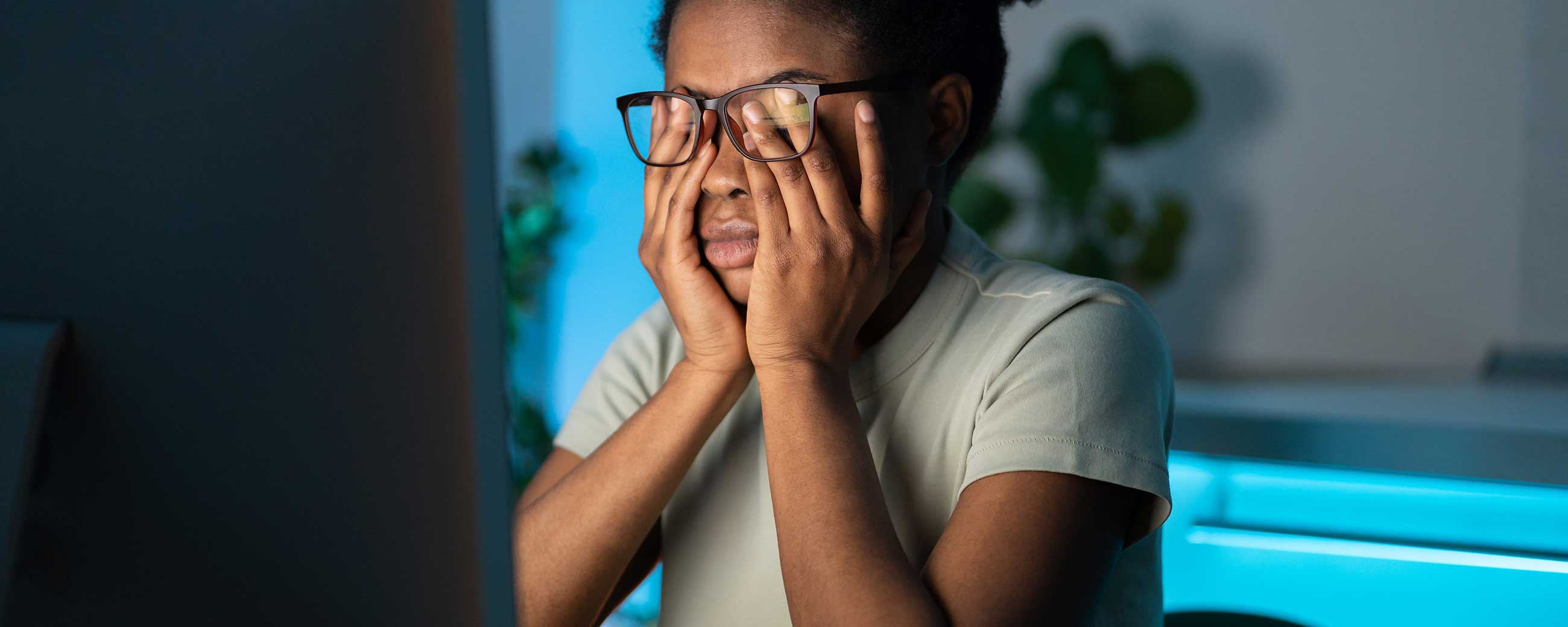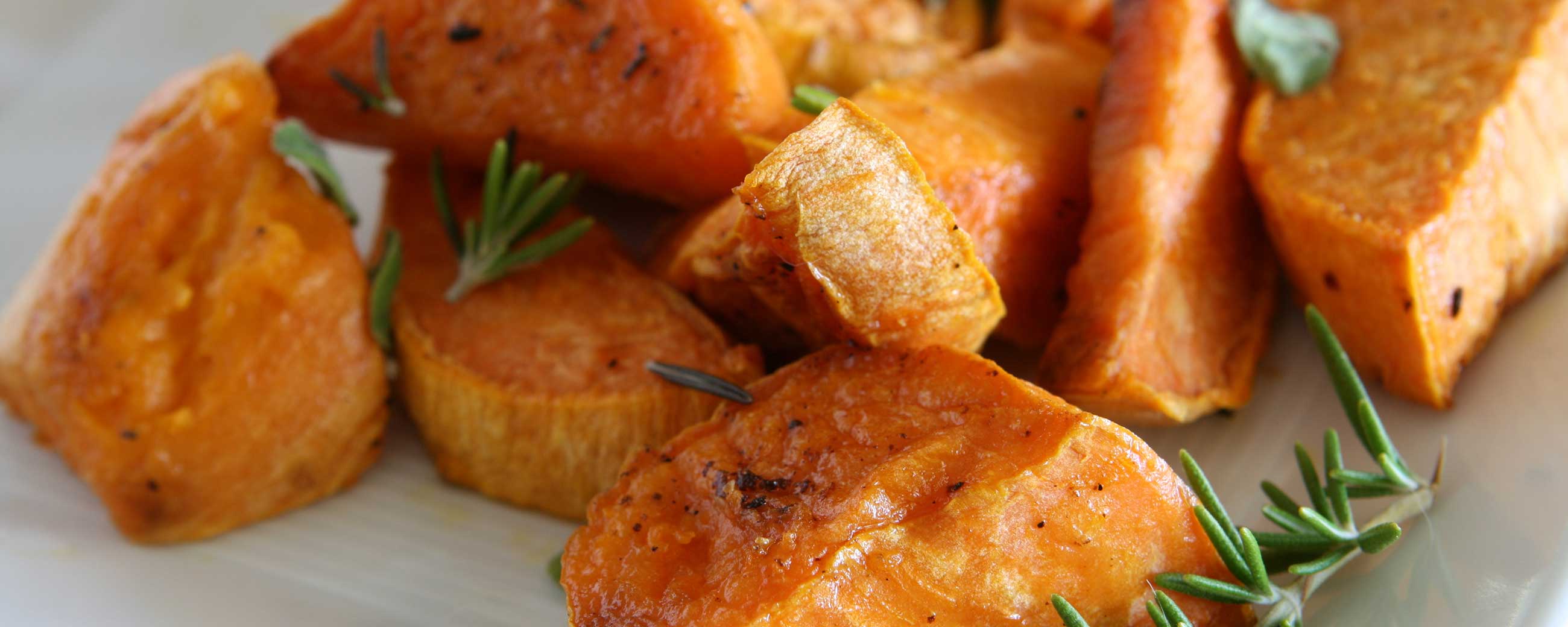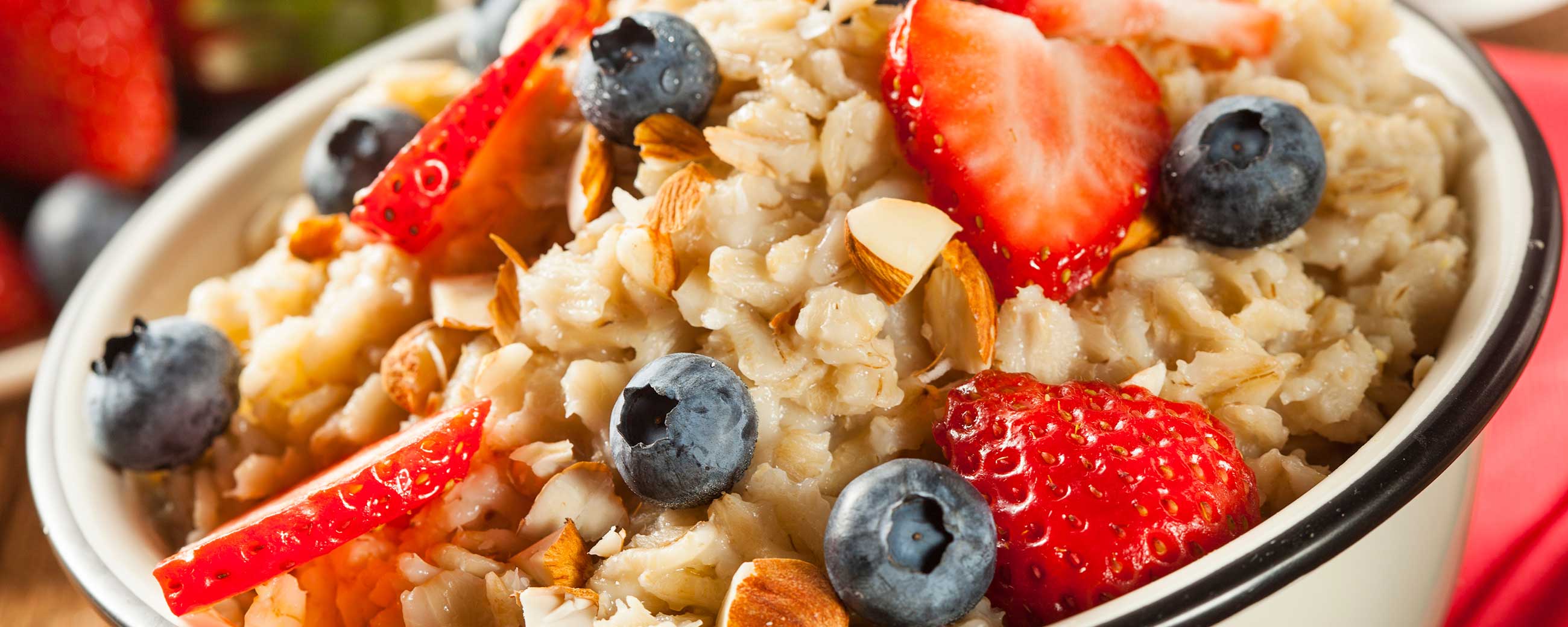
Diabetes and Ramadan: 5 Tips for Fasting Safely

While there are risks to fasting for longer than 24 hours, it’s possible to partake in the fasting aspect of Ramadan if you have type 2 diabetes—but we recommend that you take a few precautions. First of all, there is no obligation to fast during Ramadan if you have a chronic disease or if you feel it will be harmful to your health (Surah Al Baqarah verse 184-185 provides this guidance). The verse mentions that fasting is not required for anyone for whom it would be too much of a hardship on their health or puts their health at risk. But if you do decide to observe the fast, here’s what to keep in mind.
1. Tell your doctor you’re planning on fasting
Make sure your physician is aware of your plan to fast. Fasting affects your blood sugar and blood pressure, so if you’re on medications for diabetes or high blood pressure, your physician may need to make adjustments during Ramadan. These adjustments should be made under the care of your physician, not on your own.
2. Stay hydrated
Make sure you’re drinking enough fluids during Sahūr and Iftar. If the weather is warm during Ramadan, try to stay in a cool area and limit your physical activity to minimize the amount of fluid lost during the day.
3. Test your blood glucose while you’re fasting
The most dangerous things that could happen to you while fasting are low blood sugar (hypoglycemic events), high blood sugar (hyperglycemic events) and dehydration. Make sure you’re looking out for the signs of these, which could include blurred vision, irregular heart rate, dizziness/faintness, and confusion. Although some schools of Islam say that testing your blood glucose breaks your fast, most schools of thought permit blood glucose testing because of the medical nature of such testing.
4. Discuss staying away from sugary, high-carb foods during Sahur and Iftar with your doctor
To avoid swings in blood sugar, your doctor may advise you to stick to higher-fat, lower-carb foods when you’re eating your post-sunset and pre-dawn meals. Higher-fat foods will keep you full longer and won’t spike your blood sugar. However, make sure to discuss this (or any other dietary changes) with your physician because if you’re on any medications, this could affect your dosages.
5. Be aware of overeating
Iftar can be a celebration involving many friends and family—and a lot of food! Be aware that overeating, even after a daylong fast, can cause spikes in blood glucose.
This is not a substitute for medical advice—make sure to talk to your physician about your plan to fast, and to ask how this might affect any medications you are on!
This blog is intended for informational purposes only and is not meant to be a substitute for professional medical advice, diagnosis, or treatment. Always seek the advice of your physician or other qualified health provider with any questions you may have regarding a medical condition or any advice relating to your health. View full disclaimer
Are you living with type 2 diabetes, prediabetes, or unwanted weight?








